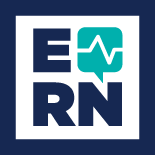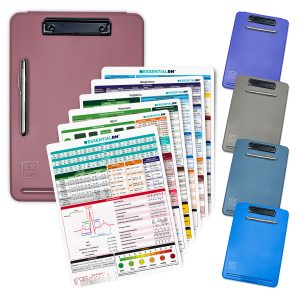January 27, 2023

Effective Memorization Techniques for Nurses: Flashcards to the Feynman Technique
As a student, memorization is a crucial part of your education. Whether you’re studying for a test or trying to remember important information for a research project, the ability to retain and recall information is essential for success. Unfortunately, memorization can be a difficult and time-consuming task. However, with the right techniques and tools, you can make it much easier. In this article, we’ll explore some of the most effective memorization techniques for students, from flashcards to the Feynman technique.
Flashcards: One of the simplest and most effective ways to memorize information is by using flashcards. Flashcards are small cards that have a question or fact on one side and the answer on the other. You can make your own flashcards or use pre-made ones. When you study, you can flip through the cards, reading the question and trying to remember the answer. As you get better at remembering the information, you can gradually reduce the number of cards you use.
The Feynman Technique: Developed by physicist Richard Feynman, the Feynman technique is a powerful method for understanding and memorizing information. The technique involves breaking down a concept or piece of information into simple terms and then explaining it to yourself as if you were teaching it to someone else. This process helps you to identify gaps in your understanding and to remember the information more effectively.
Spaced repetition: This technique is based on the idea that the more often you review information, the more likely you are to remember it. With spaced repetition, you review information at increasing intervals. For example, you might review a flashcard on day one, then again on day three, day five, and so on. This spaced-out review schedule helps to keep the information fresh in your mind and aids in longer-term retention.
Mnemonics: Mnemonics are memory aids that help you to remember information by associating it with something else. For example, you might use the acronym “HOMES” to remember the Great Lakes (Huron, Ontario, Michigan, Erie, Superior). Mnemonics can be very effective for remembering lists of items or facts.
Pretend to teach: Another effective technique is to pretend to teach the material you’re trying to learn to someone else. This will help you to solidify your understanding of the material and make it easier to recall later.
Visualization: Visualization is a powerful tool for memorization. When you picture information in your mind, you are creating a mental image that is easier to recall later. For example, you can visualize a chemical reaction by creating an image of the atoms and molecules involved.
These are just a few of the many effective memorization techniques available to students. Experiment with different methods and find the ones that work best for you. Remember that memorization is an ongoing process, and you’ll need to continue to review and practice the information you’ve learned to keep it fresh in your mind. With the right approach, you’ll be able to master the material and achieve success in your studies.
Latest Articles

What You Should Include in Your Nursing School Application Packet
April 24, 2023


How to Maximize Your Study Time During Nursing School
April 15, 2023


Developing Strategies for Communicating Effectively With Other Medical Professionals as a Registered Nurse
April 5, 2023




